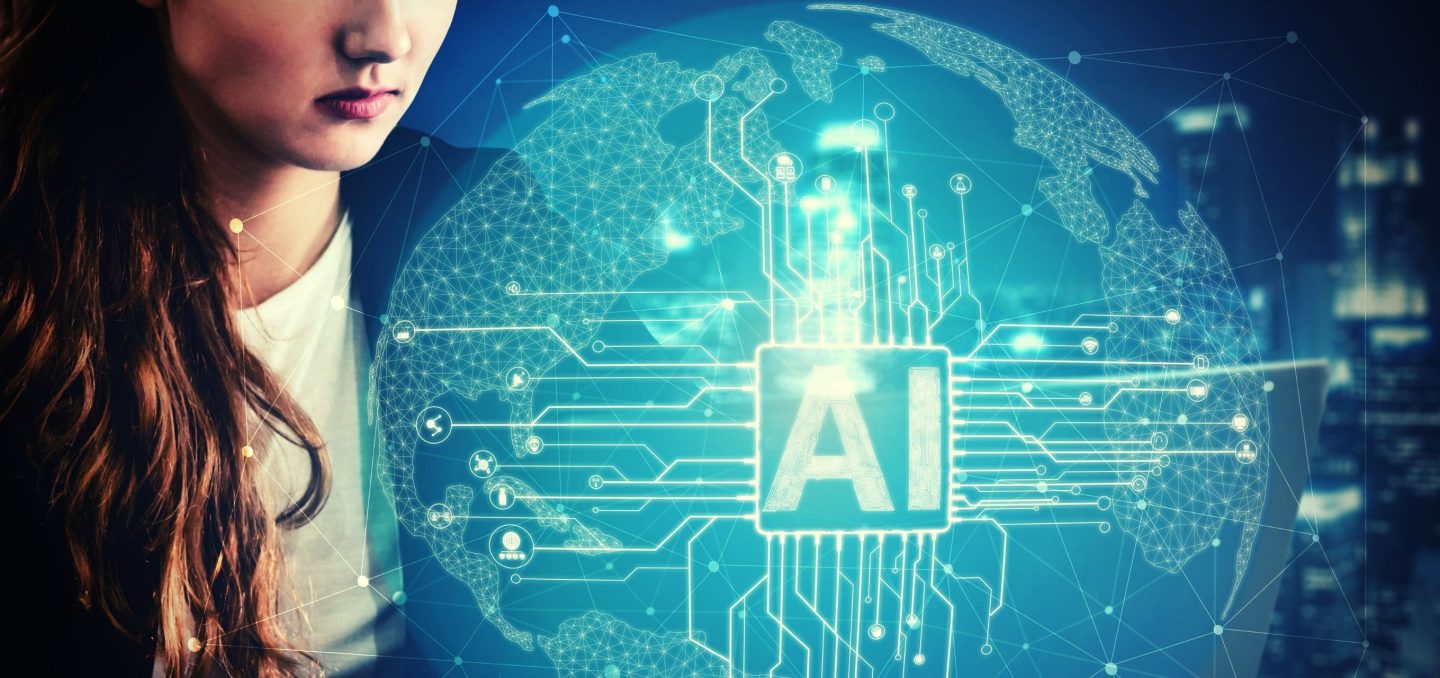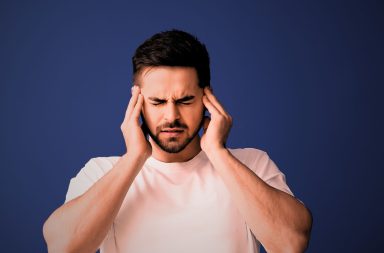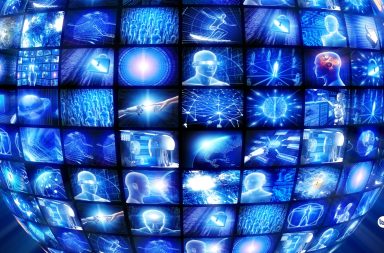ChatGPT plays the main role in a story involving a four-year-old boy and a missed diagnosis by 17 doctors. Courtney, Alex’s mother, told TODAY about her experience and how, during the lockdown due to COVID-19, it was ChatGPT that provided the solution and brought a sigh of relief to the whole family.
The woman joined the AI and shared everything she knew about her son’s symptoms with the platform, including medical records and reports obtained after consulting 17 medical experts. Through Artificial Intelligence and a network of parents she met on Facebook, Courtney managed to solve the riddle: the diagnosis was tethered cord syndrome, a neurological disorder that restricts the movement of the spinal cord.
ChatGPT’s diagnosis was confirmed by a neurosurgeon specializing in this syndrome, who then took Alex under his care. This is likely one of the most noteworthy examples of how medicine is evolving with the increasingly introduction of AI-based technologies.
What about ‘traditional’ medicine?
The situation remains complex and requires further investigation and in-depth studies. Research published in the journal Annals of Emergency Medicine has provided interesting evidence on how the diagnosis by ChatGPT matched those of experienced doctors.
“ChatGPT performed well in generating a list of probable diagnoses and suggesting the most likely one,” said Hidde ten Berg, from the department of emergency medicine at Jeroen Bosch Hospital. “We also found a lot of overlap between ChatGPT diagnoses and those of our doctors. In short, this indicates that ChatGPT was perfectly capable of replacing a human doctor” Speaking of statistics from this same study, ChatGPT was correct in its diagnosis 87% of the time, a figure that rose to 97% for version 4.0 of the application.
The regulations are still very complex to identify. Robert Pearl, professor at Stanford Medical School, believes that all doctors should start using ChatGPT. In fact, according to Pearl, “In the future, no experienced physician will practice the profession without access to ChatGPT or other forms of generative artificial intelligence.“
Microsoft Research conducted multiple experiments on OpenAI software, using assessments from medical universities as a basic prerequisite for determining ChatGPT’s compliance with the healthcare ecosystem. Microsoft introduced BioGPT, a language model that scored high on several medical tests. The Massachusetts General Hospital concluded its research by stating that ChatGPT may score above 60 per cent when taking U.S. Medical examinations.
According to Google researchers, who obtained an accuracy of 67 per cent for the same test, however, the results would not be convincing and would be ‘inferior to those of human doctors‘.
A recent study “The moral authority of ChatGPT” also revealed ethical discrepancies that ChatGPT is said to have experienced. The AI actually produced sub-optimal and ethically inappropriate replies during the presentation of ‘ethical tests,’ and that this might impact the human reaction negatively. With rare exceptions such as Courtney and Alex, the overall trend suggests that, for the time being, it would be best to limit ChatGPT’s area of action to data collecting or analysis processing.



